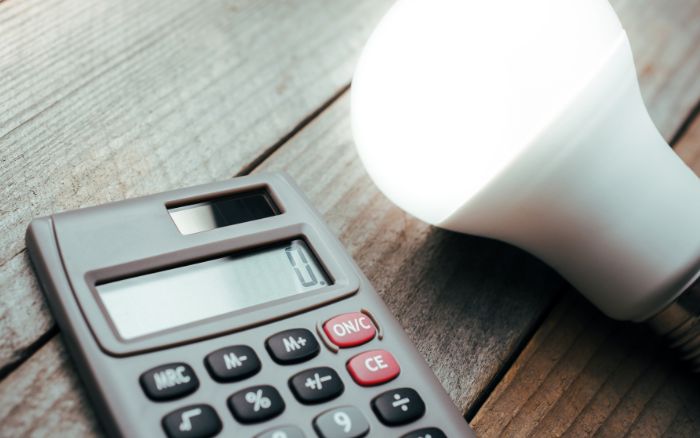As more homeowners switch to solar energy, understanding how billing works with solar panels becomes crucial to the decision-making process. Solar energy can significantly reduce electricity costs, but the billing system can vary based on several factors. Let’s break down how billing works when you have solar panels installed.
Net Metering: The Basics
Net metering is one of the most common billing arrangements for solar panel owners. Here’s how it generally works:
- Energy Production: Your solar panels generate electricity, which is used to power your home during the day.
- Excess Energy: If your panels produce more energy than you consume, the surplus is returned to the grid.
- Credits: You receive credits for each kilowatt-hour (kWh) of surplus energy returned to the grid. These credits can offset your energy costs when your solar production is lower.
- Monthly Bill: At the end of your billing cycle, your utility company calculates your total energy consumption versus production. You’ll either receive a bill for the net energy consumed or a credit if you’ve produced more than you’ve used.
Fixed Charges and Solar Energy
Even with solar panels, you may still incur fixed charges on your utility bill. These can include:
- Connection Fees: Charges for being connected to the grid may apply regardless of your energy consumption.
- Minimum Billing Fees: Some utilities have minimum charges that may apply even if your solar production offsets your usage entirely.
Power Purchase Agreements (PPAs) and Leases
In case you have a solar power purchase agreement (PPA) or lease, your billing structure may differ:
- PPA: With a PPA, you pay for the electricity the solar panels generate at a certain rate, typically lower than your local utility rate. Your bill will show the amount of energy produced by the panels.
- Lease: If you lease your solar system, you may pay a fixed monthly fee for using the panels, regardless of how much energy they produce. This can lead to lower monthly bills, depending on your energy consumption.
Understanding Your Utility Provider’s Policies
Utility companies may have different policies and billing structures regarding solar energy. Here are a few tips:
- Research Your Provider: Understand your utility company’s net metering policy, rates for excess energy, and any potential fees.
- Ask Questions: Don’t hesitate to contact your utility provider to clarify how solar energy affects your billing.
- Consult with Experts: A trusted solar contractor like Summit Energy can help you navigate these complexities and provide insights tailored to your situation.
Billing with solar panels can be straightforward, especially with net metering, but it’s essential to understand your specific utility’s policies and any fixed fees. By consulting with experts, you can maximize the financial benefits of your solar investment.
If you’re considering solar panels and want to learn more about how billing works in your area, Summit Energy is here to assist! As a trusted solar energy contractor in New Hampshire, we can help you navigate solar energy’s financial aspects. Contact us today to get started on your solar journey!

